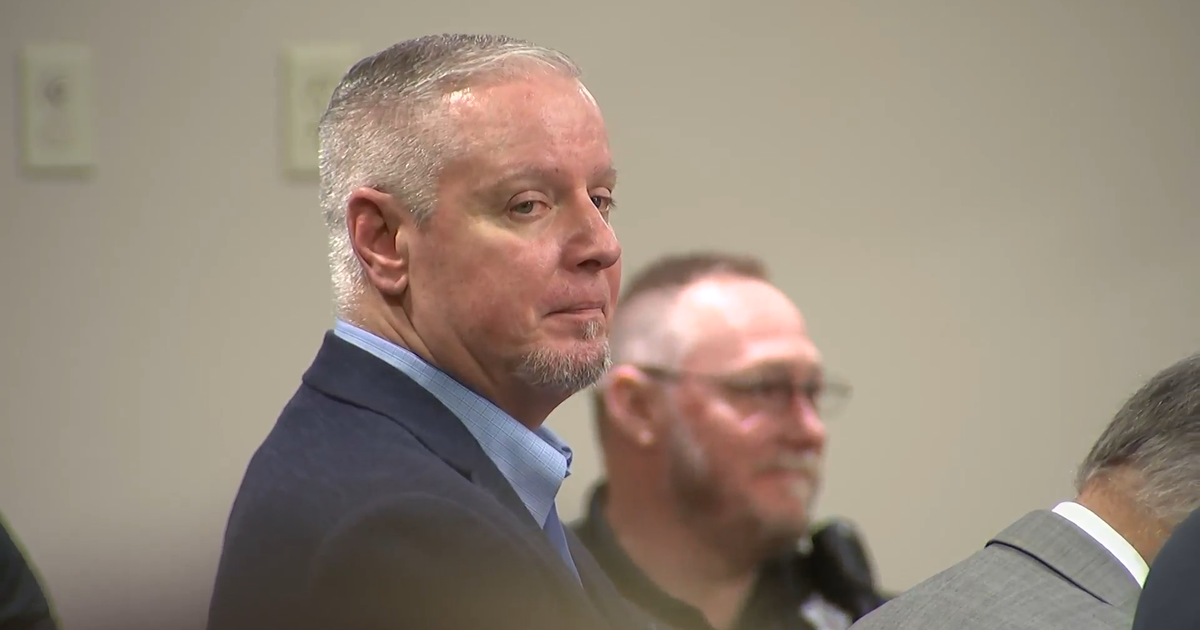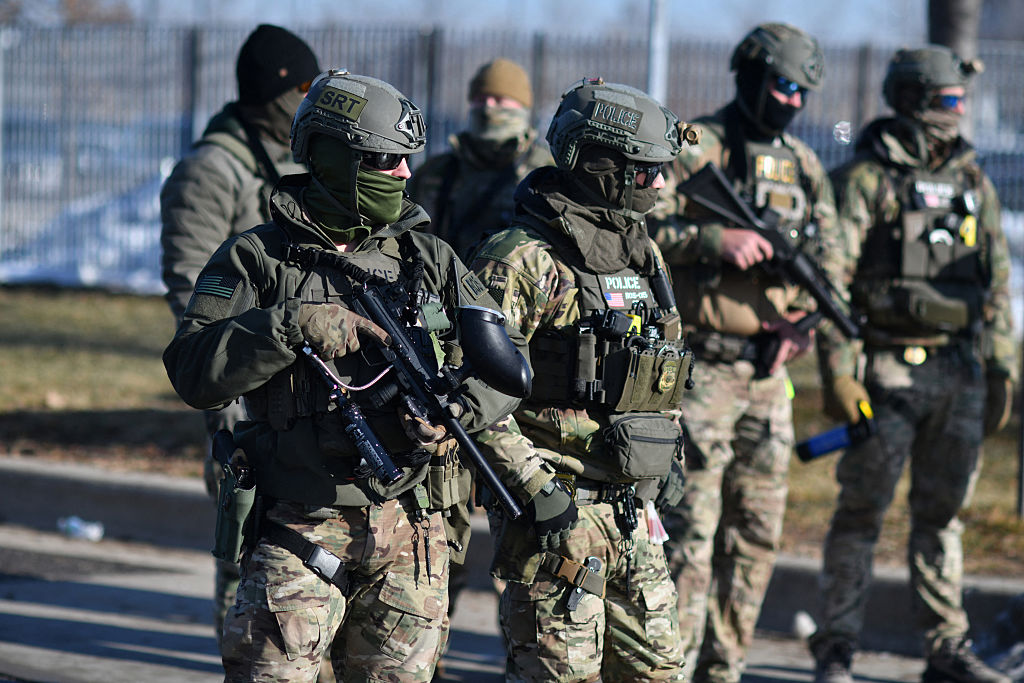Eric Garner's mother reacts to Derek Chauvin's conviction: "Tears started falling from my eyes"
Across the country, many Americans are feeling a sense of relief after the conviction of former Minneapolis police officer Derek Chauvin in the death of George Floyd.
The chilling video of Chauvin kneeling on Floyd's neck as he repeatedly pleaded that he couldn't breathe became a rallying cry across the country and the world on the issue of race and policing in America.
Six years before Floyd said, "I can't breathe," Eric Garner said those same words while in the grip of a New York City police officer.
Gwen Carr, Garner's mother, had two TVs on when she heard the news of Chauvin's conviction. She was overcome with emotion when she heard the guilty verdicts.
"Just tears started falling from my eyes... Yes, just tears, and I just I was in the house by myself, so I was acting crazy," Carr told "CBS This Morning" co-host Tony Dokoupil.
"Did you feel like your son was there in some way?" Dokoupil asked.
"Yes, I do. I know his presence was there, and he was probably jumping with me," Carr replied.
"This is like an echo from the grave," Carr said when she first heard about Floyd's death. The two killings had a lot of similarities, with one big difference — Floyd's family got a conviction.
In July of 2014, as bystanders caught it all on camera, Garner was accused of selling loose cigarettes and pulled to the ground by a New York City police officer who used an unauthorized chokehold on him during an attempted arrest. Garner would later die, and Daniel Pantaleo, the officer who wrapped his arms around his neck, was later fired, but he was never charged with a crime.
Garner's last words of "I can't breathe" helped ignite a movement, demanding justice for lives lost to police.
"The first time most people heard the phrase 'I can't breathe' in a march was after your son's death," Dokoupil said.
"That's correct," Carr replied.
"Do you think the outrage and the demonstrations following the death of your son helped create the atmosphere necessary for justice today?" Dokoupil asked.
"It set the stage. I'm pretty sure my son's death and the outrage that the people showed at that time set the stage. So when other injustices happened, this is why I think everybody came out, wow, this is happening again," Carr replied.
A month after Garner took his last breath, another Black man would be killed by a police officer, this time in Ferguson, Missouri.
18-year old Michael Brown was shot and killed by Police Officer Darren Wilson, who said Brown attacked him. Brown was unarmed at the time of the shooting. A grand jury later chose not to indict Wilson.
Brown's death sparked massive protests and also inspired others to get involved in the streets and in government, including Fran Griffin.
The aftermath of Brown's death pushed Griffin to get more involved, attending city council meetings regularly. In 2019 she defeated a long-term incumbent to become the city's first Black councilwoman to represent the third ward.
She said it took a second for the word "guilty" to sink as she watched a judge read the verdict to Chauvin. But after hearing it three times, tears of joy came, Griffin sobbed from her bedroom. When she returned, she told CBS News' Jericka Duncan why April 20, 2021, changed the history of this nation.
"We got to hold somebody accountable for their actions today. A police officer who killed an unarmed Black man. He was held accountable today," Griffin said.



